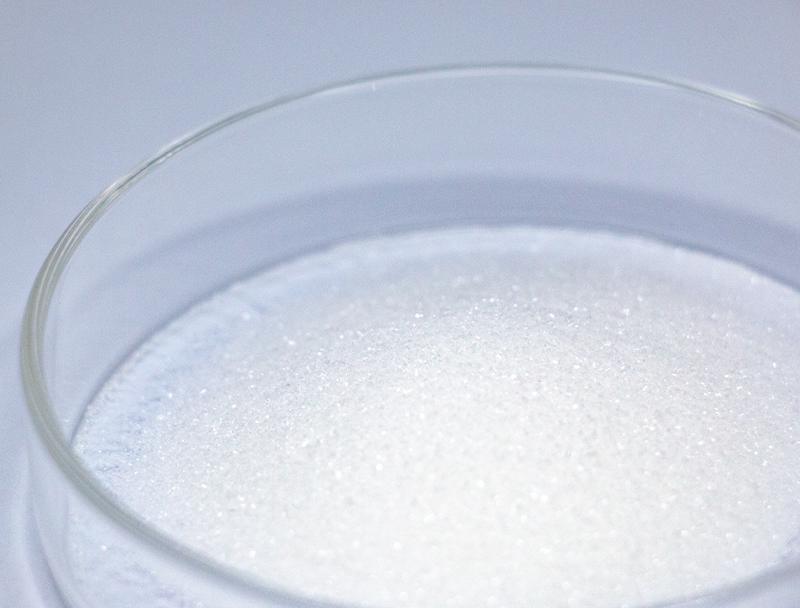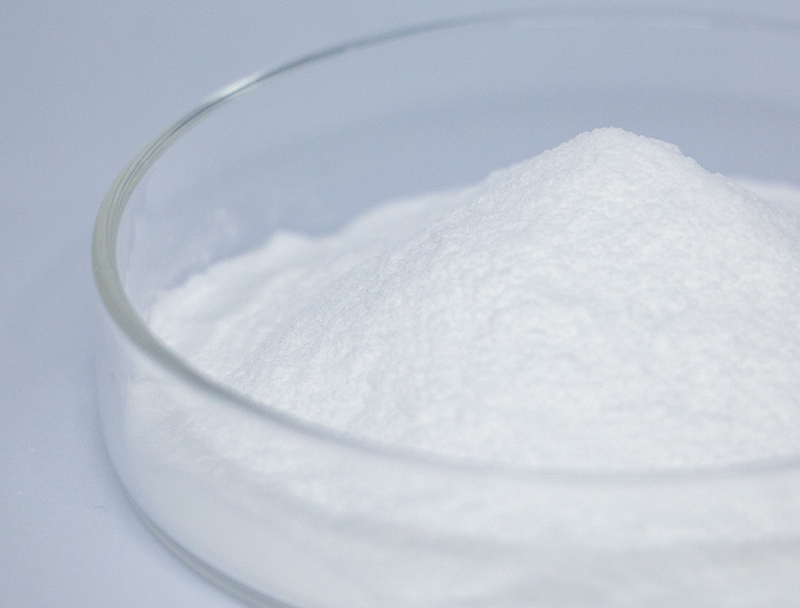
Advanced biosystems are built around a substantial range of substrates for generating cutting-edge biobased goods.
Assuring responsible procurement of such inputs is paramount for the long-term viability and ethical growth of the industry.
an array of drawbacks from conventional supply chains for example habitat harm and overextraction of resources. Hence, industry players ought to pursue innovative supply solutions to lower carbon burdens.
- Cases of responsible feedstock strategies feature:
- Applying circular feedstocks from post-harvest streams
- Adopting looped production models to decrease loss and amplify reuse
- Partnering with local suppliers committed to ethical sourcing practices
The transition to greener sourcing offers both planet-friendly outcomes and business advantages.
Advancing Biomass Preparation for Elevated Biofuel Production
Maximizing the efficiency of biofuel production relies heavily on the quality and composition of biomass feedstocks. Analysts tirelessly probe advances to elevate feedstock conversion, delivering enhanced conversion and a more resilient energy mix. This involves genetic modifications to increase biomass production, as well as pretreatment techniques that break down complex plant materials into more readily fermentable sugars.
- Similarly, research probes algae, byproduct streams, and harvest remnants as potential sustainable sources to augment biofuel feedstocks.
- Thanks to continuous exploration the sector is prepared to realize considerable strides toward an eco-friendlier energy mix.

Upstream Process Improvements for Modern Biopharma Production
includes primary operations from inoculation through cell collection Recent progress has advanced techniques that maximize productivity and increase output.
Notable improvements feature new expression systems, refined media recipes, and automated reactor platforms. These innovations not only enhance productivity but also minimize production costs and environmental impact.
- Moreover, continuous manufacturing adoption is enabling dynamic control and greater adaptability in upstream workflows.
- This shift towards more sophisticated biopharmaceutical manufacturing methods promises to revolutionize the industry and pave the way for faster development of novel therapeutics.

Precision Genomic Tools Enhancing Biopharmaceutical Yields
evolutions in genetic modification techniques have optimized therapeutic biosynthesis. With exact genomic alterations, researchers improve host productivity for therapeutic manufacture. This approach holds immense potential for developing more efficient and affordable biopharmaceuticals to address a wide range of diseases.
Harnessing Microbial Biotechnology for Sustainable Bioremediation
cutting-edge microbial approaches that remediate contamination sustainably. Microbial communities can biotransform hazardous materials into lower-risk substances. Tapping into these capabilities enables green remediation tactics to restore ecosystems affected by industrial contamination.. Investigators study multiple microbial strains for abilities to transform metals, degrade agrochemicals, and process petroleum wastes.. The microbes may be applied within engineered reactors or in situ to catalyze pollutant degradation via biotransformation..
Biological remediation using microbes yields meaningful benefits compared to conventional strategies. The approach tends to lower treatment costs and avoids producing toxic residuals. Similarly, microbe-based remediation affords specificity that avoids extensive ecosystem disturbance. The domain advances quickly, concentrating on raising reliability and performance of microbial cleanup methods.
Bioinformatics' Impact on Drug Design
Informatics platforms are essential to current drug discovery and development pipelines. By leveraging complex datasets, bioinformatics expedites discovery and optimizes candidate safety and potency.
- By parsing huge omics and clinical databases, bioinformaticians detect targets and estimate therapeutic responses.
- Similarly, modeling drug–target interactions streamlines design of compounds with better efficacy and selectivity.
- To conclude, computational approaches are revolutionizing discovery and reducing time-to-patient for effective drugs.
Metabolic Engineering Strategies for Enhanced Bioproduct Synthesis
applies assorted techniques to boost microbial synthesis of valuable compounds. Tactics can encompass genetic engineering to reconfigure metabolism, promoter modulation to adjust expression, and pathway insertion to enable new reactions.. By refining pathway flux and regulation engineers can significantly raise bioproduct production.
Such holistic engineering could impact many areas including medical therapeutics, agricultural outputs, and biofuel production.

Upscaling Biopharma: Obstacles and Potential Gains
Upscaling therapeutic manufacturing brings major obstacles along with promising prospects. Sustaining uniform quality across expanded production capacity is a principal challenge. Meeting the need calls for dependable control systems, granular monitoring, and cutting-edge analytical methods.

Complexity in multi-step biomanufacturing operations presents ongoing operational challenges.. Refining processes for commercial volumes demands deep R&D investment and novel engineering solutions.. Nevertheless, the upside can be significant. Achieved scale can widen availability of treatments, lower manufacturing costs, and boost financial returns.
Numerous initiatives aim to tackle these scaling challenges. Initiatives involve optimization platforms, high-resolution analytics for process control, and novel manufacturing frameworks.
- R&D initiatives significantly drive enhancements in manufacturing capacity.
- Regulatory bodies are modernizing pathways to accelerate approval of advanced production technologies and support innovation.
Mapping the Compliance Environment for Safe Therapeutic Development
Manufacturing biopharmaceuticals entails detailed regulatory processes to copyright safety and clinical performance. Biologics sourced from living systems pose distinct regulatory and manufacturing complexities versus small-molecule drugs.
Regulatory authorities including FDA and EMA are central to creating criteria and processes for approving innovative biologics..
Comprehensive testing regimens must be followed from early-stage research through ongoing post-approval monitoring.. The processes aim to expose risks and ensure that treatments meet exacting safety benchmarks.
Also, governing institutions evolve their strategies to respond to swift advances in biopharmaceutical science.. Programs embrace modern technologies and foster development speed while maintaining patient-centered safeguards.

Exploring the Potential of Plant-Based Biomass Feedstocks in Bioplastics
Growing emphasis on eco-conscious materials catalyzes research into plant-based options. Plant-origin feedstocks converted into bioplastics create promising opportunities for eco-friendly materials. Feedstocks including cornstarch, plant cellulose, and sugarcane derivatives yield biodegradable plastics which break down and mitigate plastic pollution.
Concurrently, several bioplastic formulations approximate conventional plastic traits and serve wide-ranging applications. Sustained research efforts are necessary to optimize plant feedstocks for mass bioplastic production and enable circularity.
This Emerging Impact on Public Health and Food Systems
Biotechnology offers potent solutions for advancing public health and enhancing food security. By harnessing genetic engineering, synthetic biology constructs, and advanced cell therapies, technologists deliver capabilities to reduce disease burden, raise crop outputs, and increase food value. For instance, genetically modified crops can be engineered to resist pests and environmental stresses, leading to increased agricultural production and reduced reliance on harmful pesticides.. Furthermore, biotechnology supports creation of vaccines, α-Ketoglutaricacid therapeutic agents, and advanced diagnostics that strengthen responses to infectious threats and enhance health outcomes.. As research progresses, biotechnology holds immense promise for creating a healthier and more sustainable future for all.
